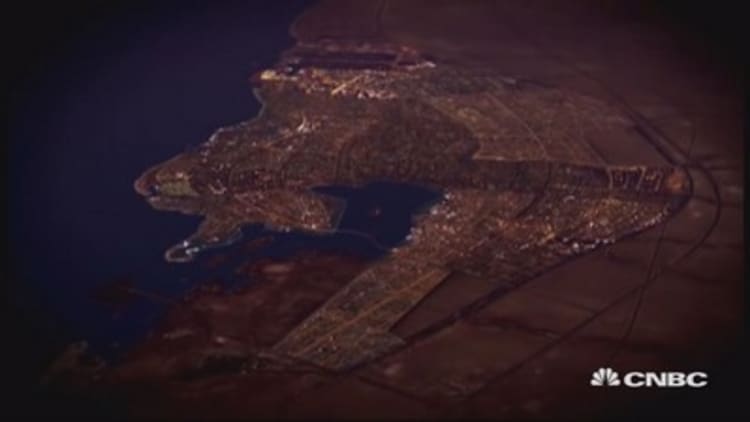Foreign investors can own no more than 10 percent of Saudi Arabia's stock market by value, the regulator said on Monday as it announced rules opening the $575 billion bourse to direct foreign investment next month.
A single foreign investor will be able to own no more than 5 percent of any listed firm, while all foreign institutions combined can own no more than 20 percent.

The Saudi market is by far the biggest in the Arab world and one of the last major bourses globally to open up, so the reform is attracting huge foreign interest. Fund managers estimate the market could draw $50 billion or more of new foreign money in coming years if it is included in global equity indexes.
But the Capital Market Authority made clear on Monday that it did not want a sudden, destabilizing rush of money into the market, placing a range of restrictions on the operations of foreign investors.
Foreign institutions, including central banks, will be required to apply for permission to invest. They must have at least $5 billion of assets under management, although the CMA has the discretion to reduce this to $3 billion when it wishes.
Saudi income tax laws will apply to foreign investors and a 5 percent tax will be levied on the dividends paid to them by listed companies.
Direct purchases of Saudi stocks by foreigners can start on June 15, the CMA has said. At present, they are limited to indirect investment through swaps and exchange-traded funds, which can be inconvenient and more expensive. They are estimated to own no more than about 3 percent of the market.

